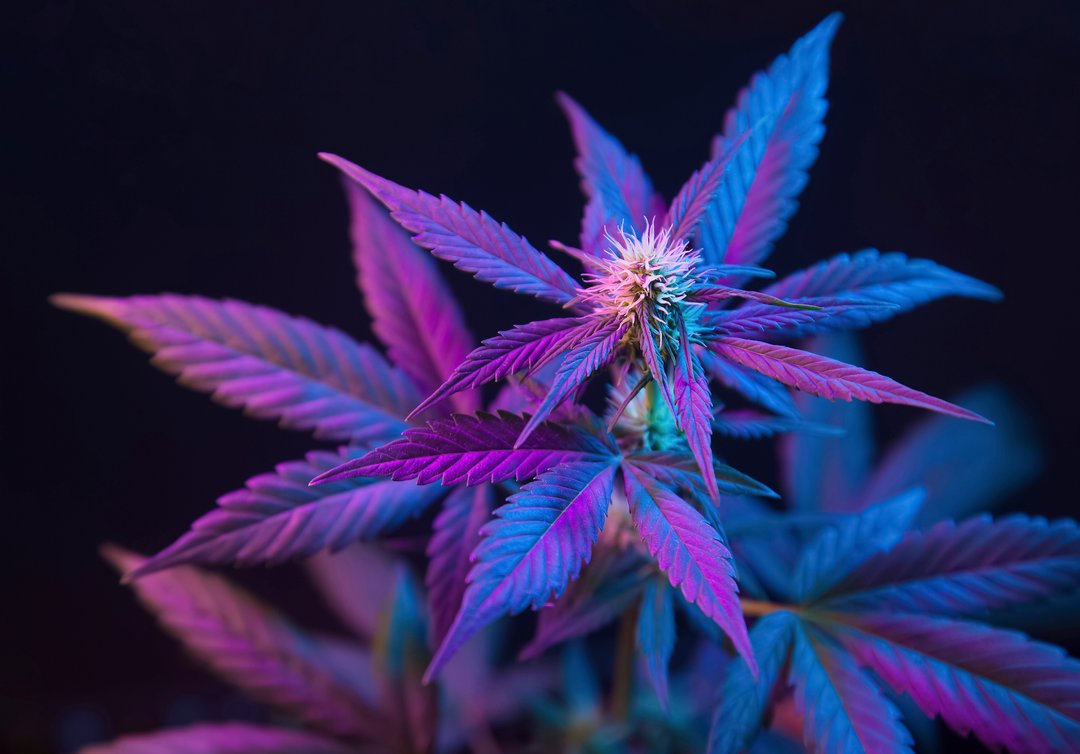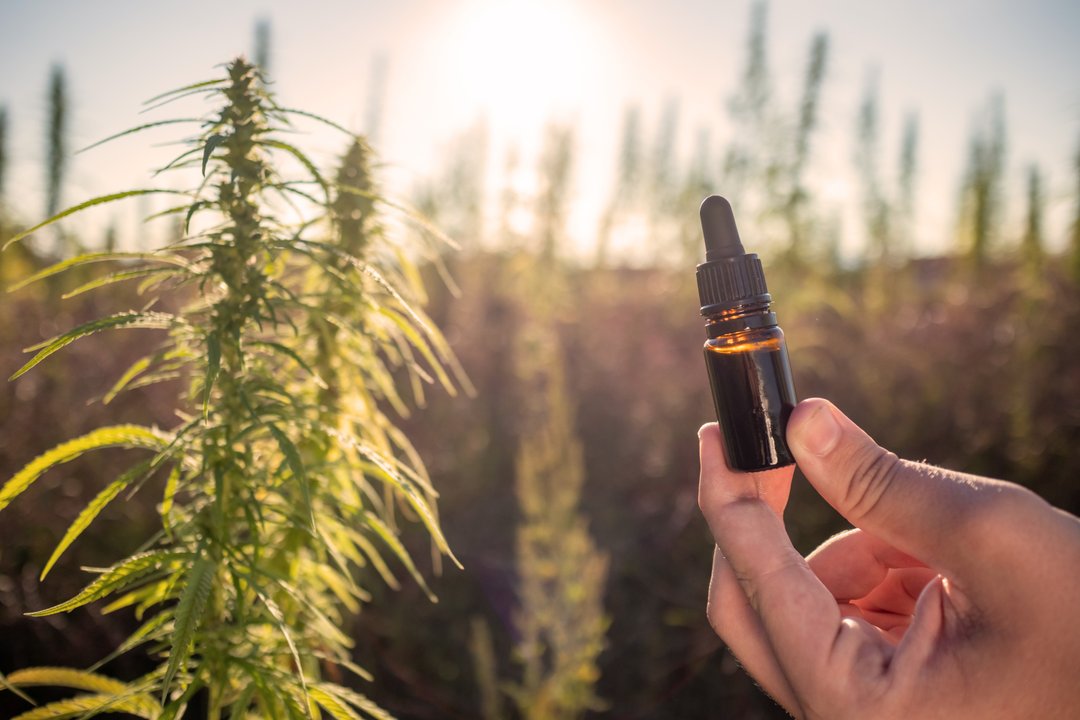CBG is a non-psychoactive minor cannabinoid found in hemp and marijuana plants. It has been referred to as the "mother of all cannabinoids" because every other cannabinoid starts as CBG. However, as the plant matures, a process called decarboxylation occurs, and it eventually converts into other compounds.
CBG vs. CBD
CBG and CBD not only sound alike, but they also share the aspect of non-psychoactivity. In other words, neither one of these compounds will "make you high."
Still, there are
differences between the two. For one, CBG has a
unique chemical formula, meaning it does not have the same arrangement of atoms. As a result, it interacts with the cannabinoid receptors (CB1 and CB2) in the body's endocannabinoid system differently than CBD.
How CBG Works in Your Body
The
endocannabinoid system, or ECS, is a network of chemical messengers and receptors that regulates essential bodily functions like sleep, hunger, pain perception, and more. Usually, endocannabinoids like anandamide will be the chemicals doing the... messaging. However,
phytocannabinoids from cannabis plants (like CBG) are also able to interact with the ECS and produce various effects.
CBG, specifically, has a low binding affinity for CB1 and CB2 receptors. CB1 receptors are primarily located in the central nervous system, while CB2 receptors are concentrated in the immune system and peripheral nerve cells. This explains its mild effects on the mind, which mostly manifest in a relaxed feeling, and potential anti-inflammatory and pain-relieving effects throughout the body. Effects of CBG
Like any cannabinoid, CBG can incite an array of effects but keep in mind, our list below is not guaranteed. Depending on the amount you take and consumption method, you may respond differently than others. With that said, cannabis enthusiasts have reported feeling:
Some have suggested that CBD and CBG have similar effects, but with CBG, it is more pronounced. All in all, if you have enjoyed CBD in the past, CBG may be worth giving a try!
Benefits of CBG
Several recent scientific
studies suggest that this cannabinoid has
therapeutic potential from its anti-inflammatory and antioxidant properties. More evidence is necessary to substantiate these claims, but as cannabis research continues to evolve, CBG's role in a variety of applications seems promising.
The Importance of CBG
Without the acidic form of CBG, known as CBGA, we would not have the products that we have grown to love because CBGA is the chemical precursor for well-known cannabinoids, Delta-9 THC, and CBD. But this transition doesn’t happen overnight.
As the plant begins to grow, enzymes will slowly convert CBGA into cannabinoid acids. Some include:
- Tetrahydrocannabinolic acid (THCA)
- Cannabidiolic acid (CBDA),
- Cannabichromenic acid (CBCA)
The concentration of CBGA is at its highest during the early stages of the plant's development. Still, as the plant continues to grow, CBGA is converted into other acidic forms until it reaches maturity. And just like other cannabinoids, if you draw out CBGA and apply heat to it, it will transform into CBG. You can do this by putting it in an oven, lighter, or by using a vaporizer.
How Is CBG Made?
CBG is naturally produced in young hemp plants, but as the plant develops, it starts to convert into other cannabinoids. With CBG production in mind, hemp growers have had to choose—do they halt hemp’s natural growth process to gain a higher yield of CBG but a low concentration of other compounds?
The downside of this method is the amount of plant material it takes to achieve CBG production, and growers miss out on drawing out other compounds. Instead, some cultivators harvest hemp after it reaches maturity because it is more economically viable to produce not only CBG but also CBD and Delta-9 THC.
There are some instances of farmers that cross-breed with different genetics to achieve a higher concentration of CBG while still maintaining additional cannabinoid production.
How to Consume CBG


